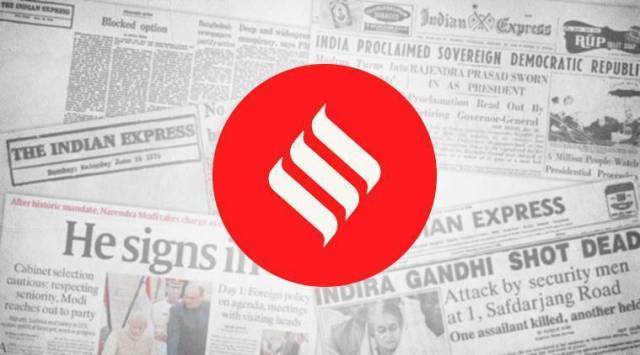
With several parts of the country under lockdown, it is difficult at this juncture to gauge the extent of the economic fallout from the coronavirus. It is likely that the disruptions in economic activity will continue well into the upcoming financial year. The immediate pain is being felt by the services industry. But as household discretionary spending starts falling, the manufacturing sector will also feel the pain. And even when the spread is contained domestically, with the virus spreading across Europe and the US, exports will also take a hit. The policy response to deal with this public health crisis requires coordinated action at both Central and state levels. It should aim to limit the immediate economic fallout through some forms of targeted income support, especially for those in the more vulnerable segments of the informal economy, ensure continuity in supply chains for essential items, and easier financing conditions.
Some state governments have announced measures. They are a combination of cash transfers for workers in the informal economy, and provision of food. For instance, the Uttar Pradesh government has announced direct cash transfers for daily wage labourers in the construction sector, and self-employed cart owners, small shop owners and rickshaw pullers, in addition to one month’s stock of food grains for vulnerable sections. The Delhi government has announced the provision of meals for the homeless, and enhanced rations and pensions for vulnerable socio-economic groups. The Kerala government has announced a Rs 20,000 crore financial package, of which Rs 14,000 crore is for clearing pending arrears, and Rs 500 crore is towards a health package. The state’s move aims to cover loan assistance, pensions, and subsidised meals. Other states could adopt similar measures. Jan Dhan accounts could be used for targeted cash transfers, while excess stocks maintained with the FCI could be disbursed though the public distribution system.